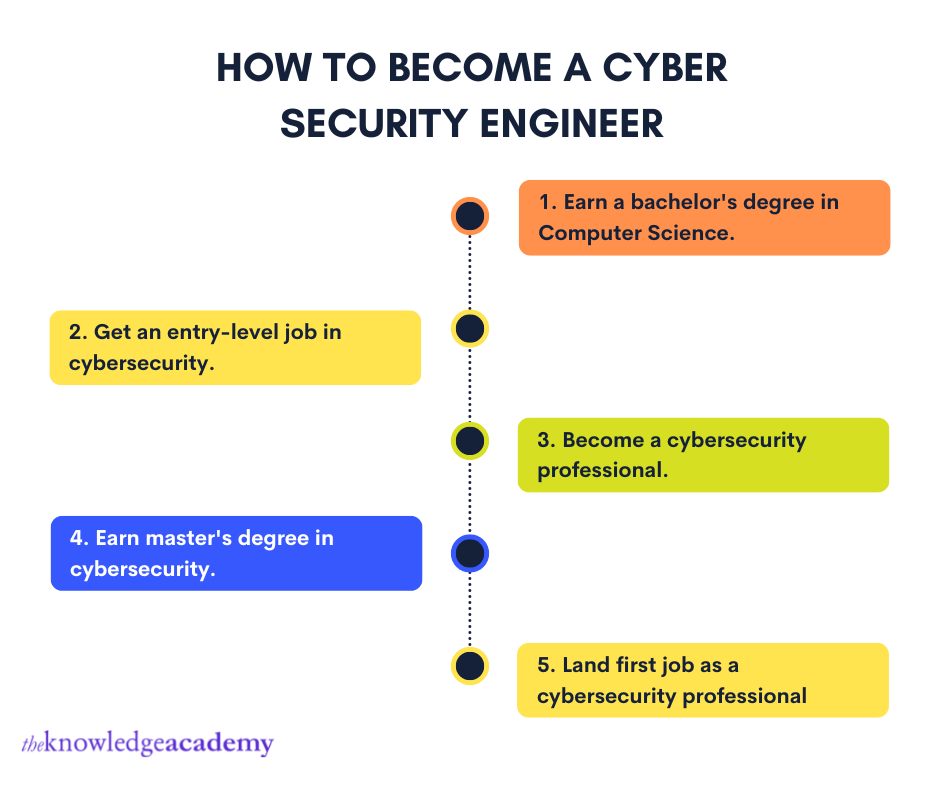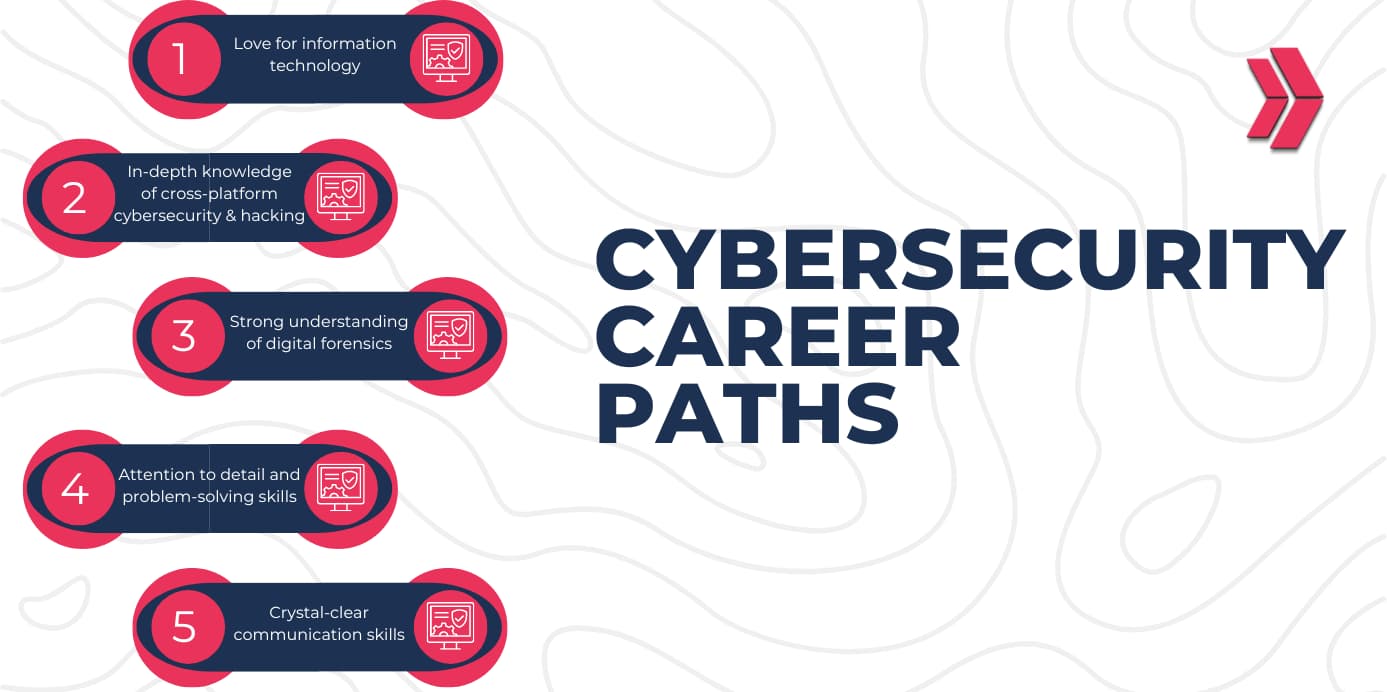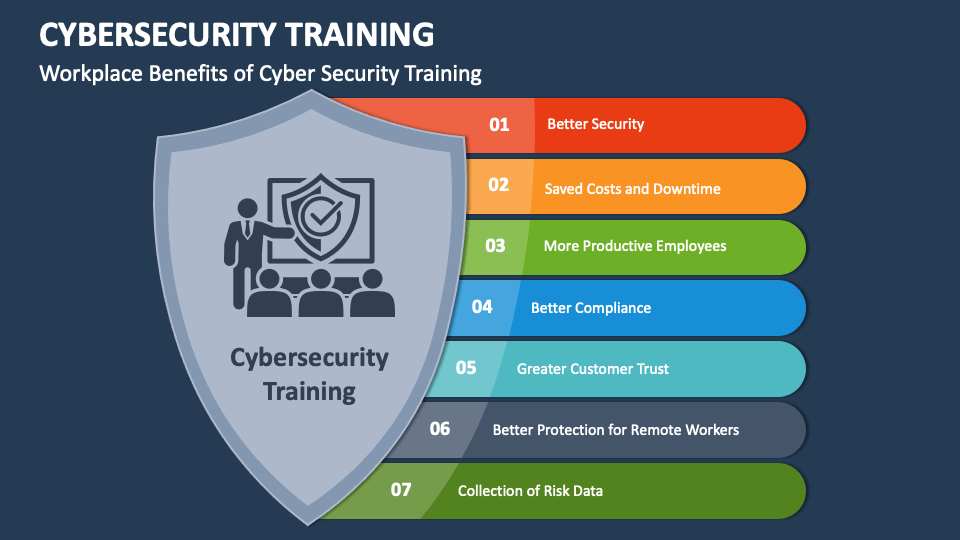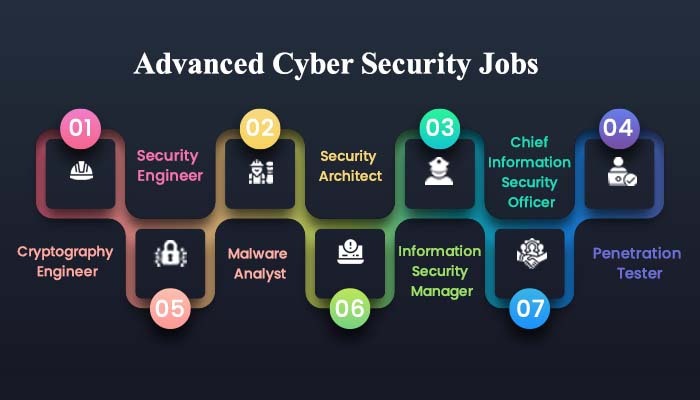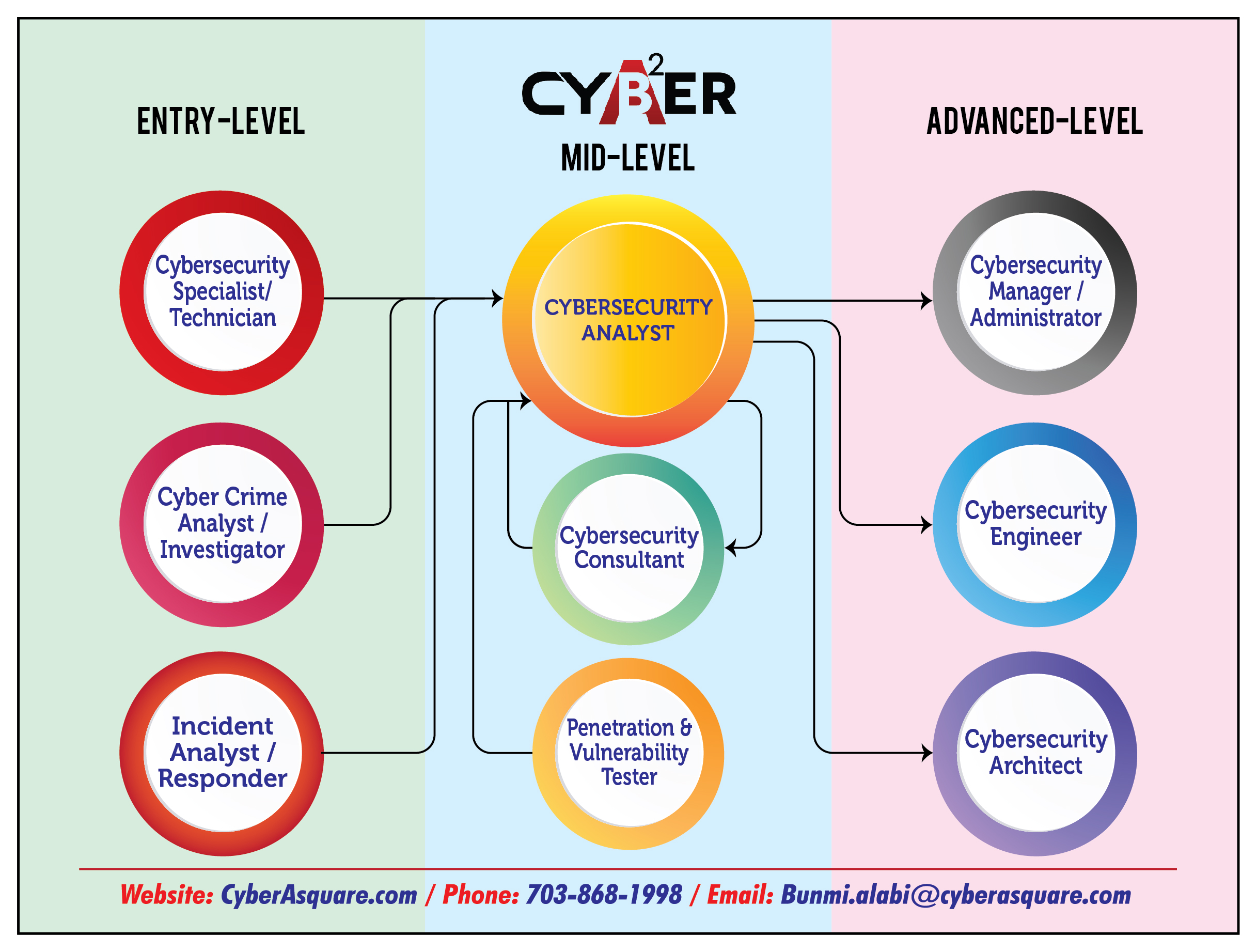How To Get Trained In Cyber Security

Cybersecurity threats are escalating, demanding a rapid influx of skilled professionals. This article outlines concrete steps to gain the necessary training and enter this critical field.
The demand for cybersecurity experts is exploding as breaches become more frequent and sophisticated. Now is the time to get trained to secure your future!
Understanding the Landscape
Cybersecurity is a vast field encompassing numerous specializations.
Before diving in, research different roles like security analyst, penetration tester, security engineer, or incident responder.
Identify your interests and aptitudes to choose the best path.
Formal Education
A bachelor's degree in computer science, cybersecurity, or a related field is a strong foundation.
Many universities offer specialized cybersecurity programs designed to equip graduates with essential skills.
Consider institutions like Carnegie Mellon University and University of Maryland, known for their robust cybersecurity programs.
Industry Certifications
Certifications validate your knowledge and skills to potential employers.
Popular certifications include CompTIA Security+, Certified Ethical Hacker (CEH), Certified Information Systems Security Professional (CISSP), and GIAC certifications.
CompTIA Security+ is a good starting point, while CISSP is often required for senior roles.
Bootcamps and Intensive Training
Cybersecurity bootcamps offer accelerated, hands-on training for career changers.
These programs typically last several weeks or months and focus on practical skills.
Organizations like Flatiron School and General Assembly offer reputable cybersecurity bootcamps.
Online Courses and Resources
Numerous online platforms provide cybersecurity courses and resources.
Coursera, Udemy, and edX offer courses from universities and industry experts.
These platforms often have introductory courses that are free or low-cost, as well as advanced programs.
Hands-on Experience
Practical experience is crucial in cybersecurity.
Participate in capture-the-flag (CTF) competitions, contribute to open-source projects, or volunteer your skills.
Set up a home lab to practice security tools and techniques.
Networking
Attend cybersecurity conferences and meetups to connect with professionals.
Join online communities and forums to learn from others and stay updated on industry trends.
Consider joining organizations like OWASP (Open Web Application Security Project) for networking and learning opportunities.
Staying Current
Cybersecurity is a constantly evolving field.
Continuous learning is essential to stay ahead of emerging threats and technologies.
Follow industry blogs, attend webinars, and pursue advanced certifications throughout your career.
Next Steps
Start researching different career paths within cybersecurity to pinpoint your interests.
Enroll in an introductory course or certification program like CompTIA Security+.
Begin building your skills through hands-on projects and networking with industry professionals to quickly become certified.




